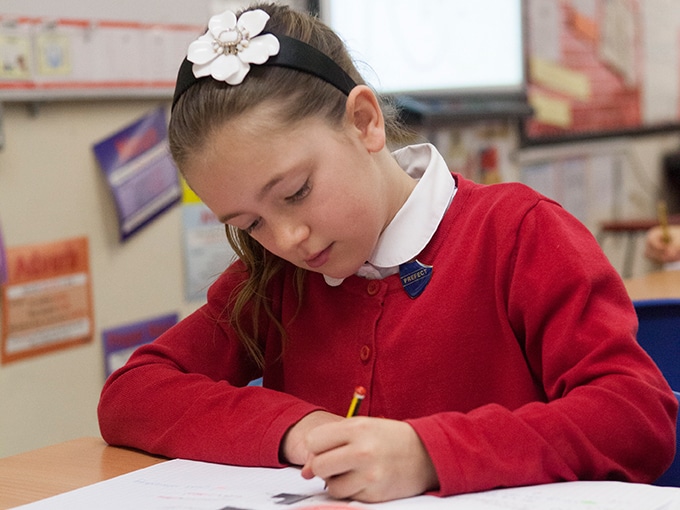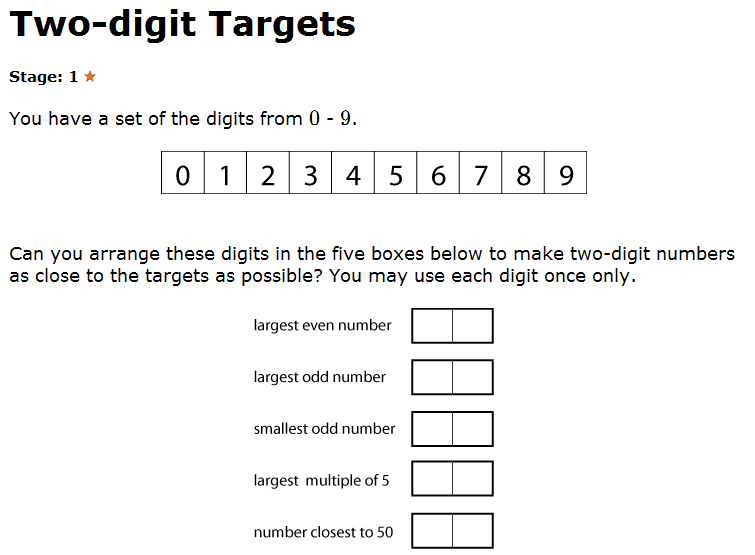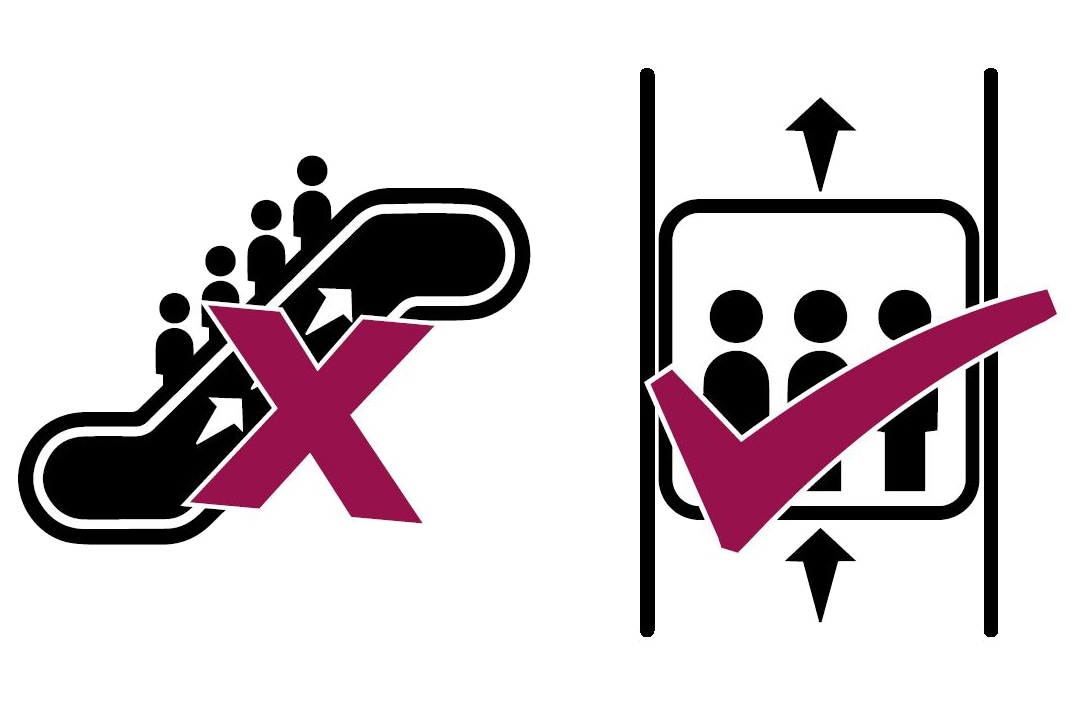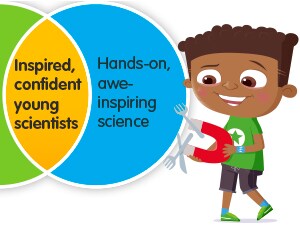
What do the 2016 Teacher Assessment Exemplifications for KS2 Reading tell us?
The exemplifications for the end-of-KS2 tests have just been released with videos to support the paperwork, and while we’re fairly familiar with the curriculum this is the first time we have seen examples of what those objectives look like in practice. So what have we learned?







